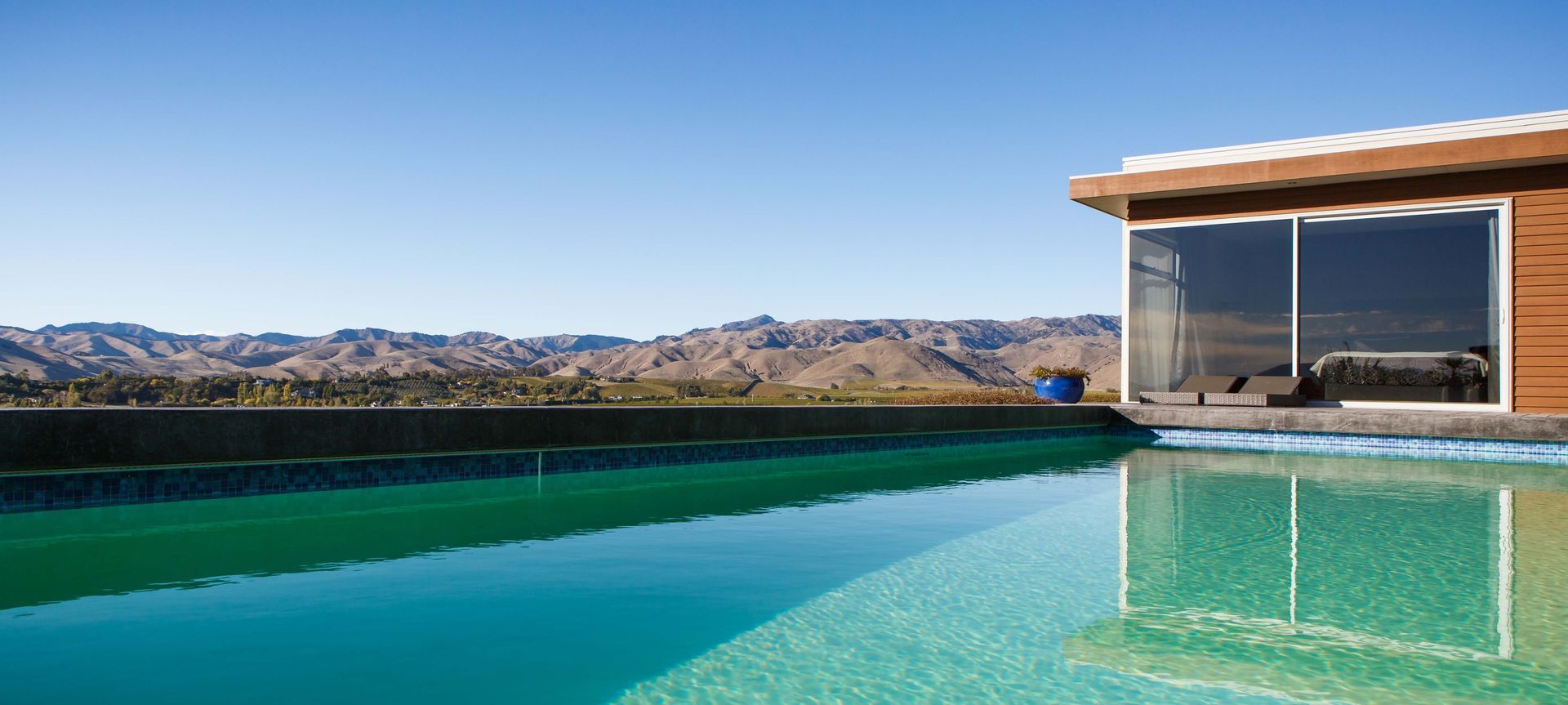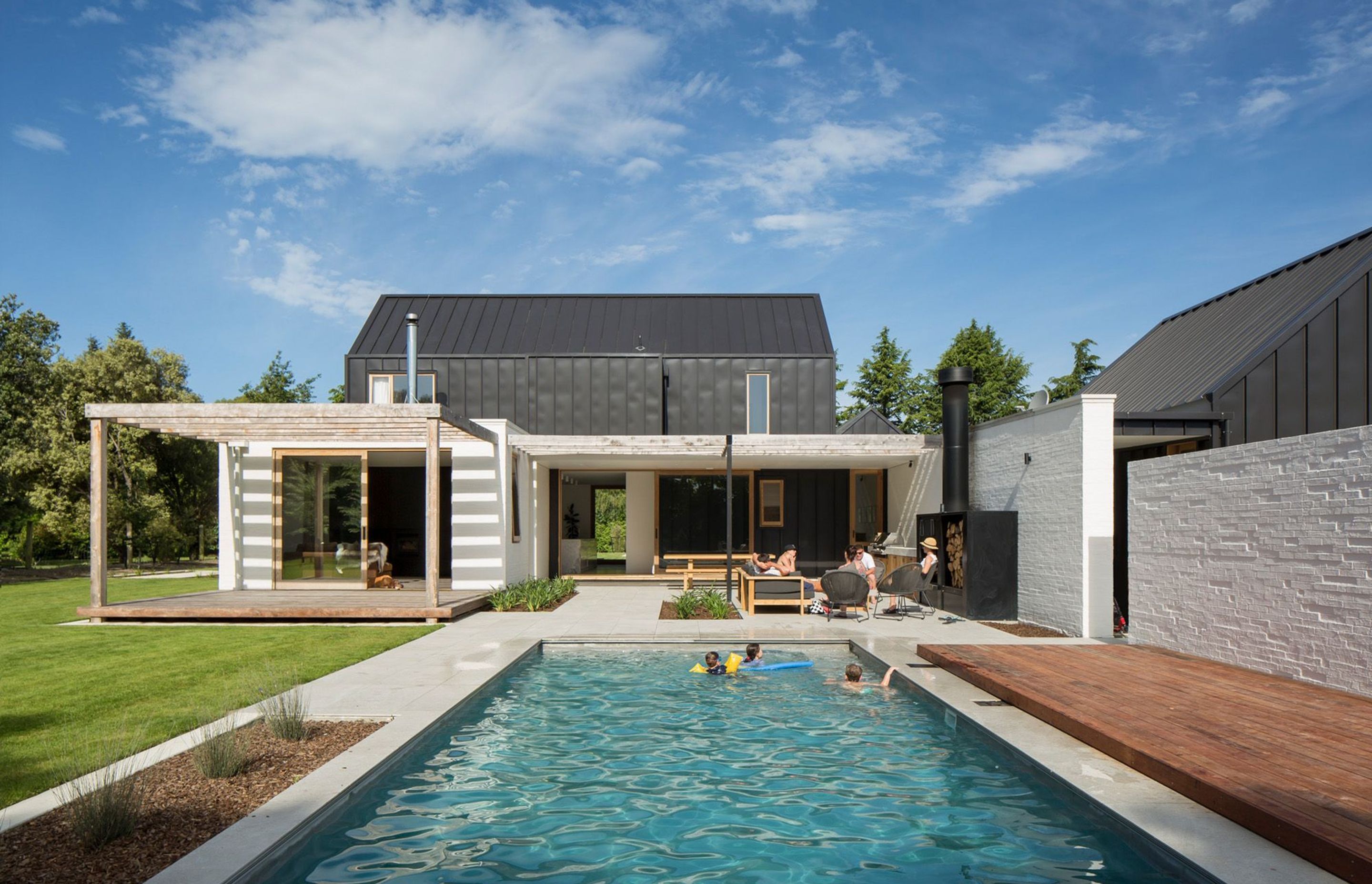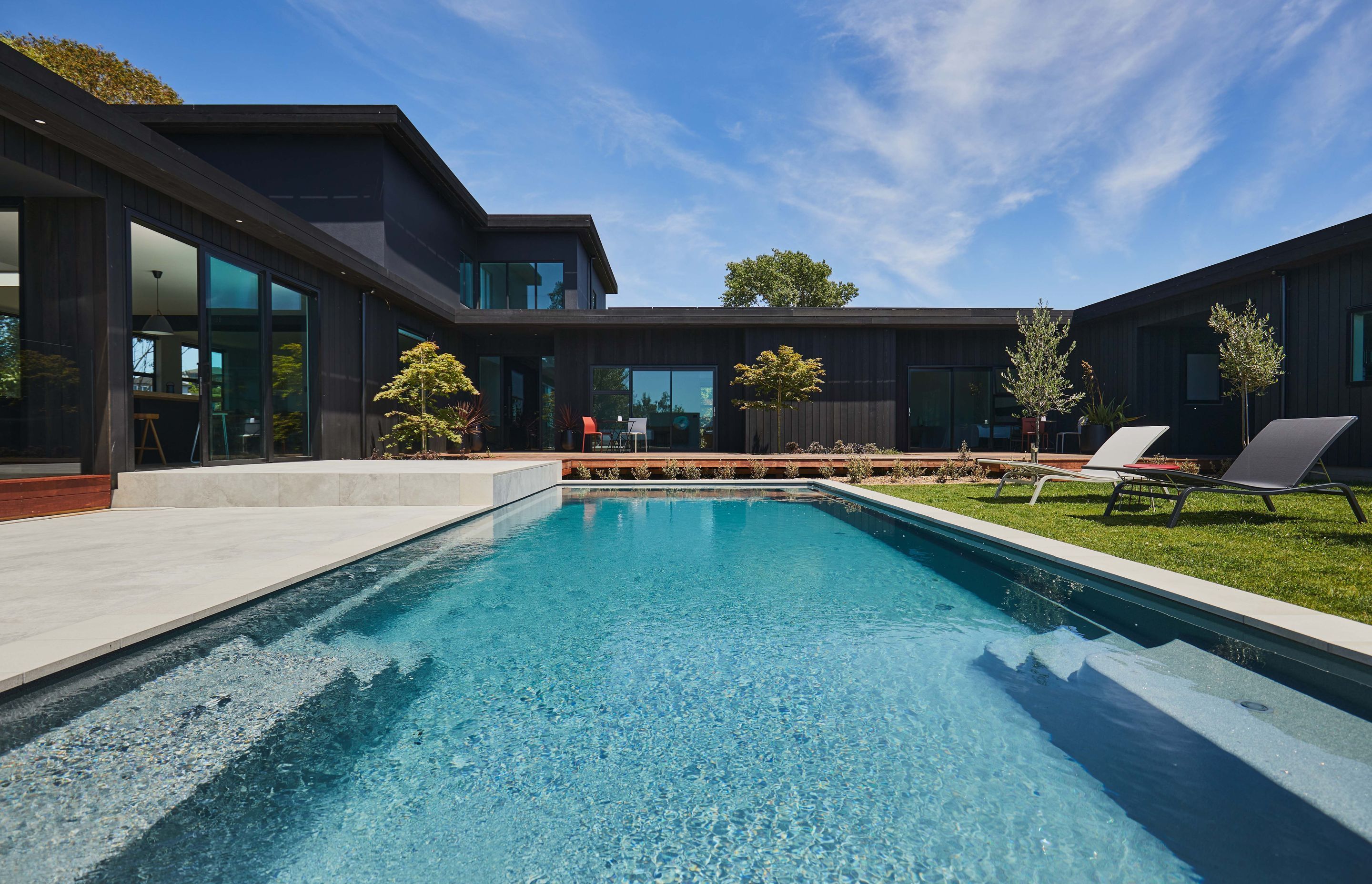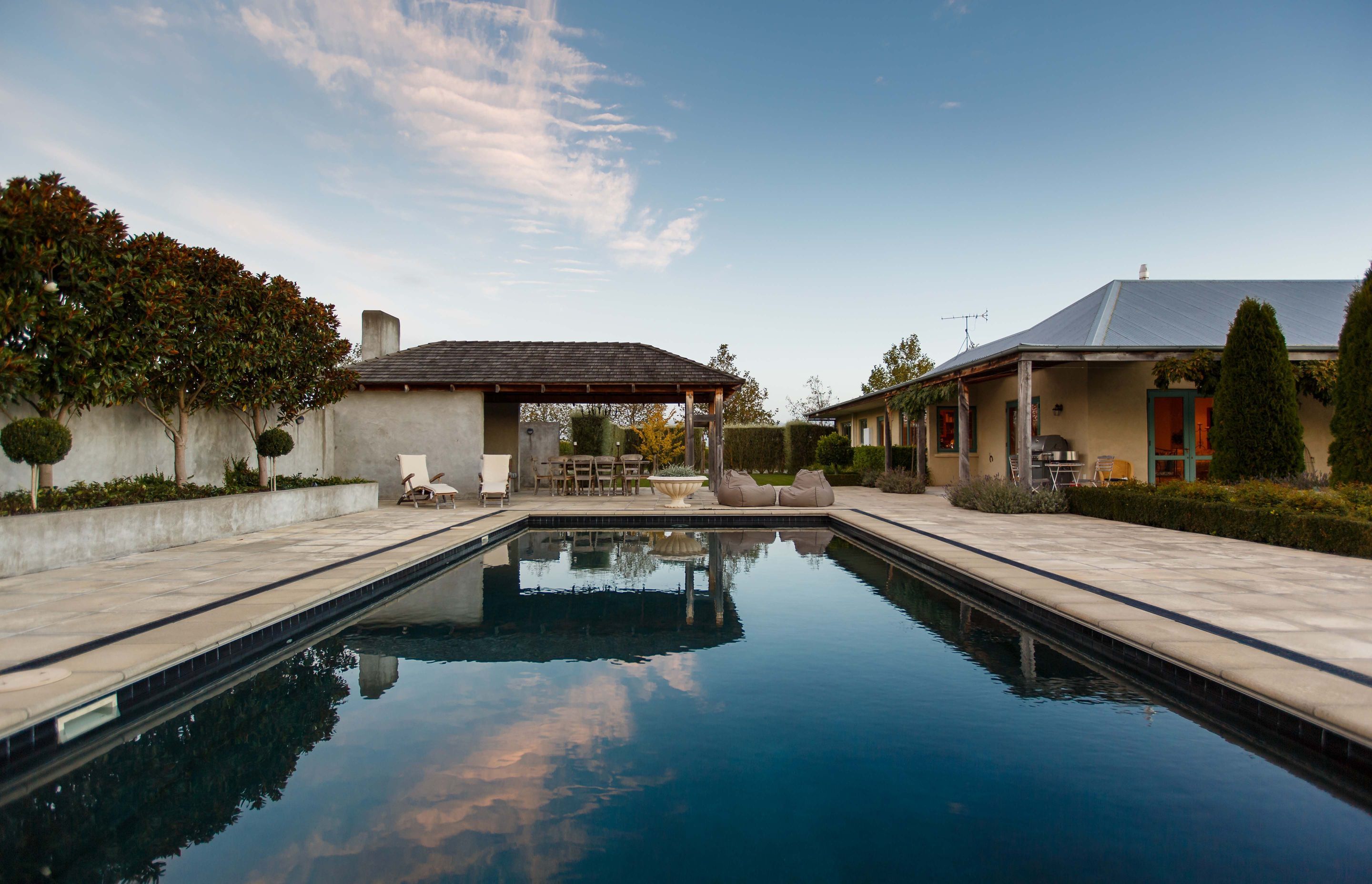The success story of a family-run pool company in business since the 60’s
Written by
20 February 2023
•
5 min read

Generations-old, family-run businesses are somewhat of a rare thing in New Zealand. In the past half-century or so, there have been more financial crises than many care to mention – and it takes a certain type of business to not only weather the storm but come out the other side with a strengthened resolve and a will to adapt.
Of course it’s not just about company values and a resilient mindset that helps these kinds of companies achieve such longevity – it’s also about the quality of both products and services throughout the decades.
One company that embodies both values and quality is Aquanort: a family-run, award-winning pool company based in Blenheim that’s been in business for almost 60 years. Tom Norton, the company’s current general manager, is a third-generation employee of the company with the surname Norton: started in 1964 by Tom’s grandfather, Aquanort has consistently served the Marlborough region and beyond with pool products.
Beginning as a simple pool construction business in the 60’s, once Tom’s father Greg came into business, a pool shop was added to the business, offering many different types of products. Now, in 2023, the business is bigger than ever, offering construction, pool products, valet services, landscaping, fencing – and specialisation in both concrete and fibreglass pools.
So what are the things that make Aquanort such a success story as a family business? ArchiPro sat down with Tom, who discussed the company’s unique offering, the differences between concrete and fibreglass pools, and the importance of proper pool design and planning.

ArchiPro: Tell me about your offerings in 2023, and why you think they have contributed to the company’s success.
Tom Norton: Our goal is to take care of customers throughout the entire process: from initial consultation to design and building, through to after sales care – which includes water testing, servicing and maintenance.
We have a pool shop where we sell the obvious items like pools and spas but also the miscellaneous items like chemicals, parts, heat pumps, cleaners and more. We also do free water testing in the shop.
We have a dedicated service team who take care of all of the repair work and maintenance; we also have a ‘revamp team’ – this is a group of guys whose sole job is to bring new life to old or dated pools.
We’re based primarily in Blenheim and the broader Marlborough region, but we also work in Nelson and Golden Bay, as well as North Canterbury where we do a lot of earthquake repairs. We also have another side of the business where we do paving, stonework, tiles, pool fencing, automatic pool covers.
We like to tell customers that we can do as much or as little as you want, so we cater to those who just want a pool and nothing else, as well as those who want the entire turnkey solution. I think this breadth of service is what sets us apart, and it has done for many years now.

AP: I understand you build both concrete and fibreglass pools. Can you tell me the difference between the two – what are the situational benefits for each?
TN: Concrete pools are a bit more handmade and bespoke for each situation, so generally they’re a bit more high-end. They offer a lot more options for finishing – from coloured pool renders through to fully tiled options, for example. The main thing they have going for them is customisation: you can build them in any shape, with any depth – customers who want concrete pools tend to love designing their own pools to their specifications.
You generally pay a bit more for concrete pools; but there is a lot more you can do with them in terms of bespoke measurements and finishing.
Our fibreglass pools are ready-made products from Compass – they’re a really good product. Very good pool shells with a structural lifetime warranty, with several different sizes, depths, and step configurations available. The fibreglass pools are also much easier to install than concrete pools – usually taking two weeks versus about six weeks, respectively.
Another huge benefit of our Compass fibreglass pools is their ability to self-clean. If a self-cleaning model is chosen, the swimming pool will have pop up jets which push dirt and debris down to a drain on the pool floor. Taking away the hassle of manually having to clean your pool.
Fibreglass pools are obviously a bit more cost-effective than concrete pools too. For both products, though, we provide the same peripheral products and services: all the filtration, lights, heating, covers and other extras are compatible across both products.

AP: What are the cost differences between the two products?
TN: A key difference between concrete and fibreglass pools is that one of them we import, and one of them we don’t.
All our fibreglass shells come from the Compass factory in Australia, and before the shipping delays caused by COVID, there was a significant gap between the cost of concrete and fibreglass, with fibreglass being cheaper.
But now with shipping costs and surcharges, that gap is actually closing a lot. Of course it’s very site-specific: if we’re working on a high-end architectural project building a concrete pool on the edge of a cliff, that’s always going to be a more expensive build.
But I like to say that as a company we don’t really bang out a generic price sheet for our pools: we prefer to work closely with our customers and try to figure out what they want to achieve and provide a much more bespoke service – in terms of the pools and the pricing of the pools.
It takes more time, but we find it delivers better results and our customers prefer this kind of service.
Learn more about Aquanort, its product range, and the services it provides.